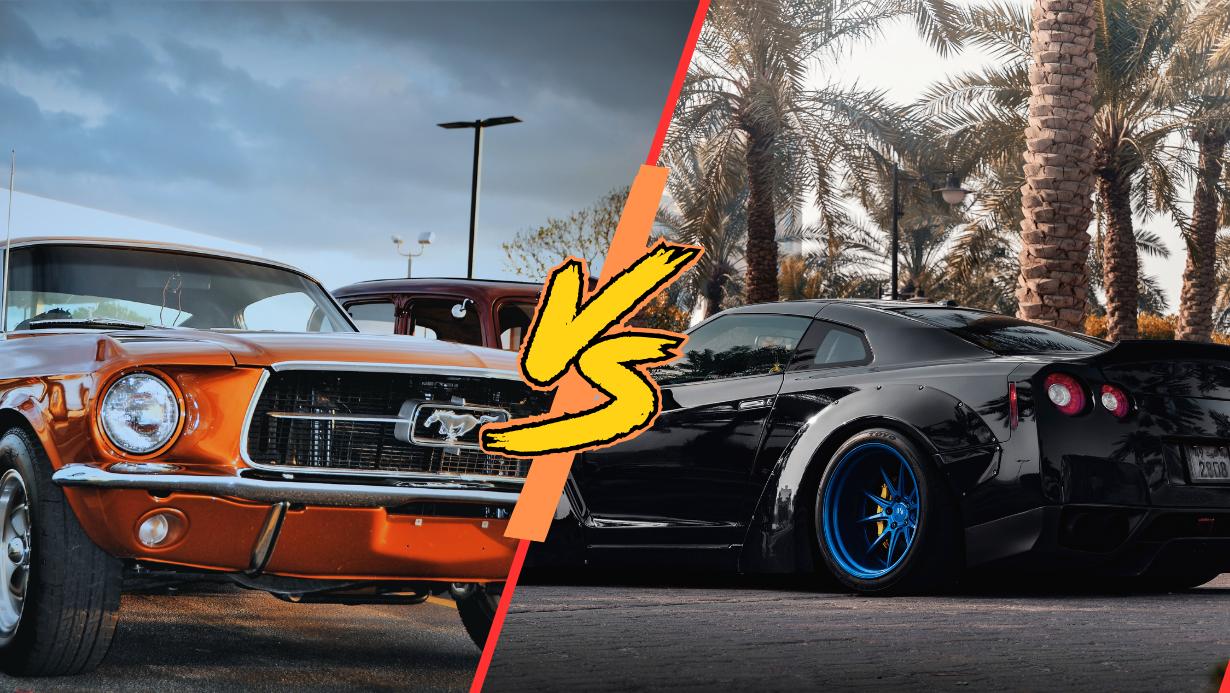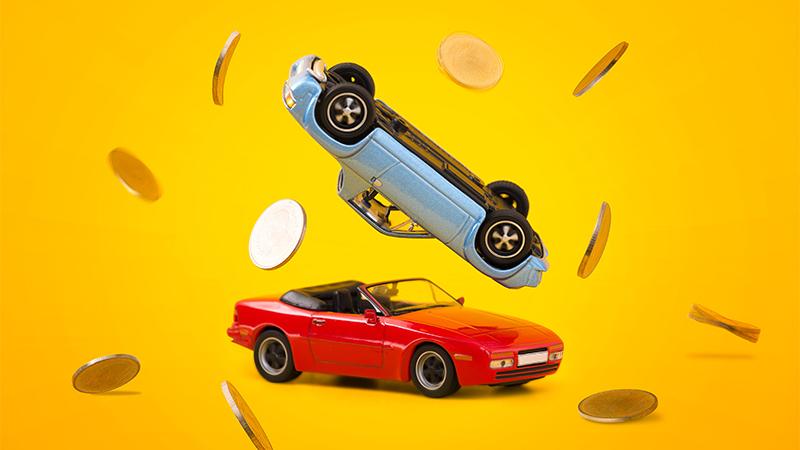Classic and modern cars offer distinct experiences and advantages, reflecting their eras. Classic cars, often admired for their timeless designs, craftsmanship, and mechanical simplicity, evoke nostalgia and provide a hands-on driving experience. They are celebrated for their unique character and the emotional connection they foster among enthusiasts. In contrast, modern cars emphasize cutting-edge technology, safety features, fuel efficiency, and convenience, catering to contemporary needs. Equipped with advanced systems like GPS navigation, autonomous driving, and hybrid engines, modern cars deliver superior performance, comfort, and reliability. The comparison between the two balances the charm of the past and the present innovations, each appealing to different preferences and lifestyles.

Is It Better to Invest in Modern or Vintage Vehicles?
The debate over whether it’s better to invest in modern or vintage vehicles has been around for years, sparking strong opinions on both sides. It’s a classic clash of new versus old, with passionate advocates insisting their choice is superior. However, what’s best for one person may not be best for another. In our democratic society, diverse opinions should be celebrated, not enforced. For those on the fence, staying neutral can be a wise move, allowing you to enjoy whichever vehicle suits your needs without the stress of picking a side. If you’re not currently a car owner, avoiding this debate entirely might be the most peaceful option—at least until you choose a vehicle of your own.
There are countless misconceptions about cars, making arguments often futile. The evolving nature of automobiles and the rise in car collecting highlight how consumer preferences shift. With an average of 1.88 vehicles per household in the US, it’s common to see families owning multiple cars. Whether it’s the allure of brand-new imports or the charm of rare vintage models bought online or restored from inoperable states, the choice ultimately reflects individual tastes and lifestyles.
Advantages of a New Car
A new car offers the reliability of a modern, warrantied machine, fresh off the production line. With no prior owners, it’s in pristine condition, sparing you the need for immediate repairs. Additionally, finding a mechanic for routine maintenance is usually straightforward. For beginners, new cars tend to be easier to drive due to their smoother handling and user-friendly features. However, the abundance of buttons and advanced technology might be overwhelming for those who prefer a simpler driving experience. Here are the advantages of a modern car.
- Enhanced Safety Features: Modern vehicles come with state-of-the-art safety systems like airbags, blind-spot monitoring, and automatic emergency braking, ensuring higher safety standards.
- Improved Fuel Efficiency: With advancements in engine technology, modern cars offer better fuel economy, reducing fuel costs and environmental impact.
- Warranty and Reliability: New cars are backed by manufacturer warranties, offering coverage for repairs and enhancing reliability, minimizing unexpected expenses.
- Comfort and Luxury: Features like ergonomic seats, climate control, and advanced sound systems provide a more comfortable and luxurious driving experience.
- Advanced Technology: Modern cars are equipped with the latest technology, including GPS navigation, touchscreens, and connectivity features like Bluetooth, making driving more convenient and enjoyable.
- Lower Maintenance Costs: Newer vehicles often require less frequent maintenance and have parts that last longer, reducing overall maintenance costs.
- Environmental Benefits: With reduced emissions and the availability of hybrid and electric models, modern cars contribute to a cleaner environment.
Advantages of a Vintage Car
Vintage cars are undeniably charming, exuding an elegance that remains timeless. Their classic appeal makes them highly desirable, and they often become the centerpieces of car shows across the country. Unlike modern cars, vintage vehicles are more akin to collectible treasures, valued for their unique style rather than modern conveniences like seat heaters or advanced sound systems. While they can be pricey, their allure is unmatched. However, sourcing spare parts can be a challenge, and not all mechanics may be willing to work on them. These cars aren’t about speed but about enjoying a distinctive, nostalgic driving experience. Here are the list of advantages of a vintage car.
- Timeless Aesthetic Appeal: Vintage cars are known for their classic, elegant designs that exude charm and sophistication, making them stand out in any setting.
- Historical Value: Owning a vintage car is like owning a piece of history, as these vehicles represent the automotive craftsmanship and design philosophies of a bygone era.
- Investment Potential: Many vintage cars appreciate in value over time, making them a potentially lucrative investment for collectors and enthusiasts.
- Unique Driving Experience: Driving a vintage car offers a more tactile and engaging experience, with a focus on mechanical simplicity and a connection to the road that modern cars often lack.
- Community and Events: Vintage car owners can participate in car shows, rallies, and clubs, providing a sense of community and opportunities to share their passion with like-minded individuals.
- Customization and Restoration: Restoring or customizing a vintage car allows owners to add personal touches and bring a classic vehicle back to its former glory, offering a rewarding and creative hobby.
- Distinctive Character: Each vintage car has a unique story and personality, making them more than just vehicles but cherished collectibles that reflect individual taste and style.
Conclusion
In conclusion, the differences between classic cars and modern cars highlight the evolution of automotive design and technology. Classic cars captivate with their timeless elegance, mechanical simplicity, and nostalgic charm, appealing to those who appreciate history and craftsmanship. On the other hand, modern cars offer advanced safety features, superior performance, and cutting-edge technology, catering to the demands of contemporary life. While classic cars provide a unique and immersive driving experience, modern cars deliver convenience, reliability, and efficiency. Ultimately, the choice between classic and modern cars depends on personal preferences, lifestyle, and the type of driving experience one seeks. Both have their own distinct appeal, making them valuable in their own right.
References:


